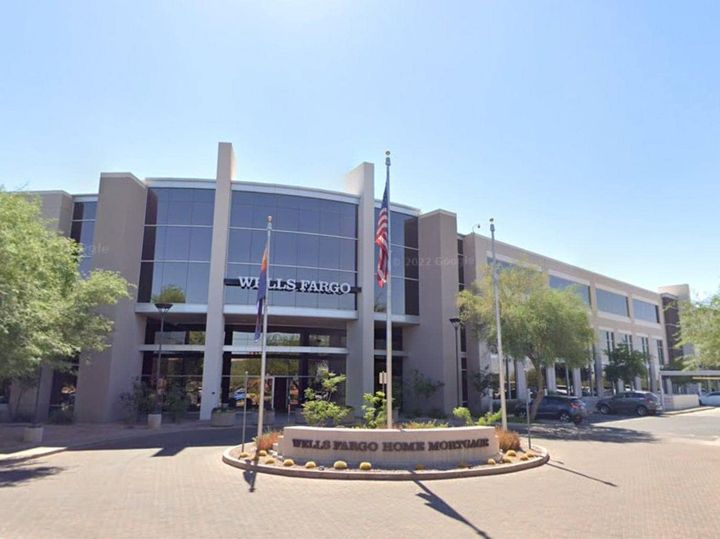In today’s corporate world, employees are often seen as mere cogs in a machine, valued not for their individuality but for the efficiency with which they can complete their tasks. The recent tragic death of Denise Prudhomme, a 60-year-old employee at Wells Fargo in Tempe, Arizona, starkly illustrates how this dehumanizing mentality manifests in the modern workplace.

Prudhomme’s story began as an ordinary workday on Friday, August 16, when she scanned into her office at 7 a.m. However, this day would tragically become her last. She was found dead in her cubicle four days later, on August 20. Despite working in an environment surrounded by colleagues, Prudhomme’s absence went unnoticed for days, highlighting the alarming disconnect between employees and the corporate systems meant to oversee them.

The circumstances surrounding her death are as chilling as they are telling. Prudhomme was seated in a cubicle on the third floor of the Wells Fargo office, in an underpopulated area, away from the main aisle. This physical isolation contributed to her unnoticed absence, but the deeper issue lies in the culture that allowed it to happen. For days, her co-workers went about their routines, with some even noticing a foul odor, yet they attributed it to faulty plumbing rather than suspecting something was wrong.

This incident raises critical questions about how corporations prioritize efficiency over employee well-being. Prudhomme was not just a name on a roster; she was a human being, yet she was treated as nothing more than another body in a cubicle. Her death, unnoticed for days, underscores a broader problem: in many corporate environments, the individual is often overlooked in favor of maintaining productivity.

Wells Fargo’s response to the tragedy was predictably corporate. While the and stated that they are “deeply saddened by the loss of our colleague,” their actions tell a different story. The fact that Prudhomme’s death went unnoticed for so long points to a failure in the company’s internal procedures, a failure that Wells Fargo has acknowledged and is now reviewing. But is this enough?

The notion that employees are merely resources to be managed, rather than individuals with lives and needs, is pervasive in corporate culture. Companies often emphasize safety and wellness in their policies, but these commitments ring hollow when incidents like Prudhomme’s death occur. It is only after such tragedies that companies scramble to address the gaps in their systems, offering counseling services and reviewing procedures—reactive measures rather than proactive care.

Prudhomme’s death should serve as a wake-up call for corporations everywhere. It is not enough to issue statements of regret after the fact. There must be a fundamental shift in how employees are treated. Corporations need to recognize that their employees are not just numbers or faces in cubicles; they are people whose lives matter.

The investigation into Prudhomme’s death is ongoing, and while the preliminary findings show no obvious signs of foul play, the real crime may lie in how she, like many employees, was treated in life. Wells Fargo, like so many other corporations, must take a hard look at their culture and practices. They must ask themselves whether they are truly committed to the safety and wellness of their workforce or whether these values are just words on paper.

In the end, Denise Prudhomme’s tragic death is a stark reminder of what happens when corporations lose sight of the humanity of their employees. It is time for a change, one that sees employees as individuals with value beyond their productivity, and one that ensures no one else suffers the same lonely fate as Denise Prudhomme.





